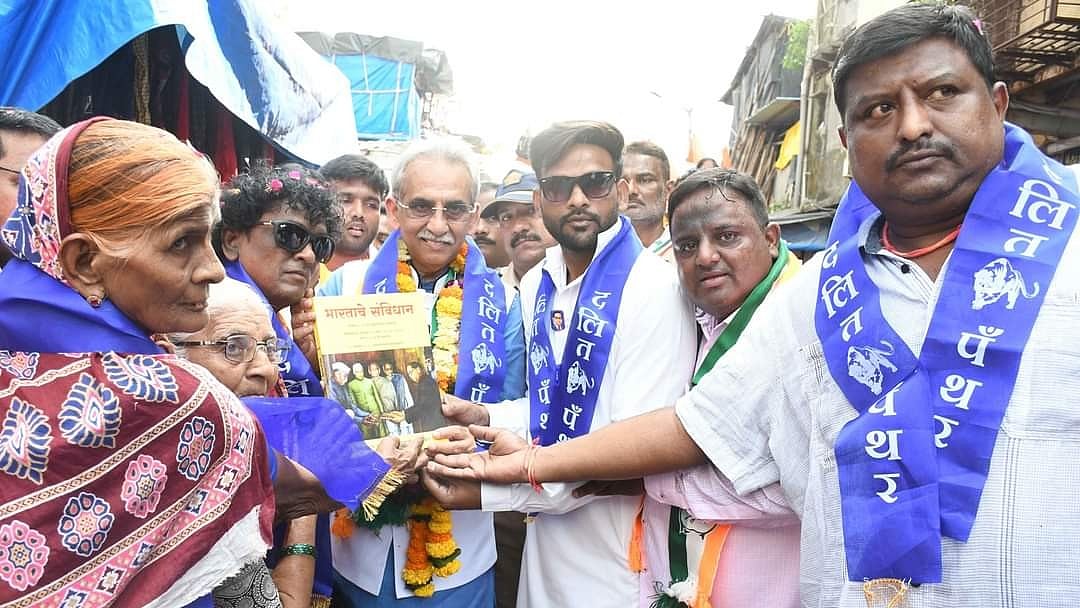Mumbai: In average, around three cases are reported under the POCSO (Protection of Children from Sexual Offences) Act in Mumbai daily. Until September 30, the city witnessed 835 such cases. Out of these, 441 were minor rape cases, with a detection rate of 99%.
This year, crimes against minors are slightly lower than last year. Last year, until September, 453 minor rape cases were registered with a 94% detection rate.
This year, 360 cases of child molestation, including cases registered under the Information Technology Act and during the same period last year, 357 molestation cases were registered. Additionally, this year, there were 14 cases of eve-teasing, whereas last year saw 32 cases, and 20 other cases, compared to 19 from last year. All these come under POCSO Act.

Cases under POCSO Act | FPJ
No case of forced prostitution of minors
No case regarding forced prostitution of minors was reported this year, while there was one such case last year. It is concerning that the accused in 90% of POCSO cases are often family members, relatives, or acquaintances. Recent cases in the city have involved Karate and Cricket coaches abusing children in Malad and Deonar, as well as the circulation of derogatory videos of a minor girl in Antop Hill.
Child Activist and president of Child Welfare Committee, Nandita Ambike, emphasised that the number of reported POCSO cases is just the tip of the iceberg. Many children cannot express their experiences due to fear, and even when they do, their parents often do not believe them. Our society tends to trust adults, and since most cases involve relatives or acquaintances, there is a burden on families and society to keep such incidents hidden.
A significant concern
Ambike also highlighted that while the POCSO law is strong, the system does not always implement it effectively. According to the law, during police questioning, the child cannot be cross-examined at the police station. The accused’s lawyer cannot directly cross-examine the child. The lawyer must submit written questions to the judge, who would examine them and then ask the child in a private chamber. However, in some cases, children are being presented in court, which is a significant concern. These cases should be handled by female police officers, and the system needs more child-friendly police employees.
Unreported cases
Child rights activist Dr Yamini Adbe raised similar concerns, emphasising that there are many unreported cases in society. She pointed out that many children do not understand the difference between good and bad touch. Cases involving relatives or acquaintances are being concealed due to societal pressures. Creating awareness and conducting hearings on camera in a private setting, with counsellors present, is crucial. While the law is strong, the system needs strengthening.







